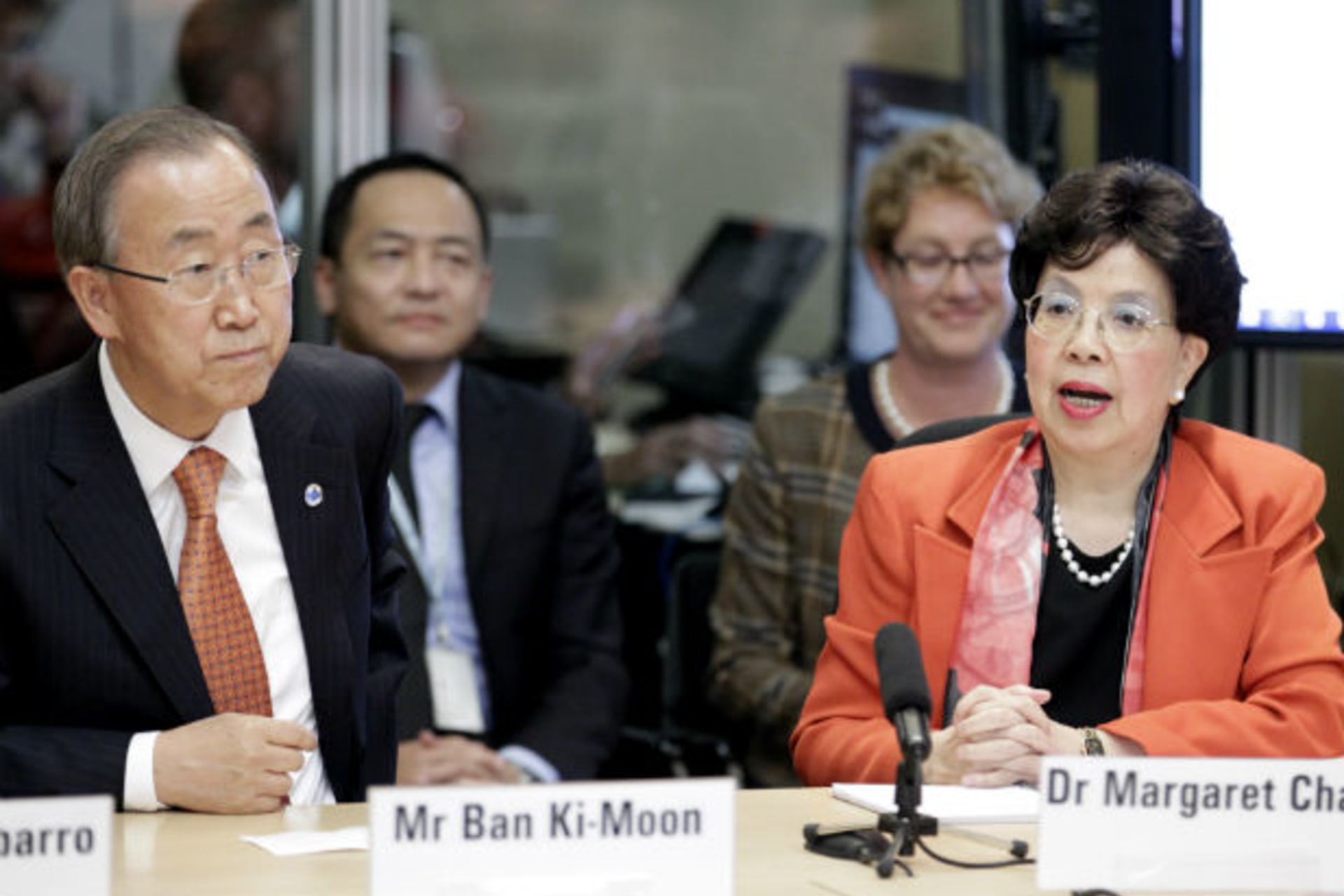The Future of the WHO: Lessons Learned and Priorities for Institutional Reform

By experts and staff
- Published
By
- Guest Blogger for the Internationalist
The following is a guest post by my colleague Yanzhong Huang, senior fellow for global health at the Council on Foreign Relations.
The unprecedented Ebola outbreak in West Africa underscored the institutional deficiencies of the World Health Organization (WHO). As the world grapples with how to reform the architecture of global health governance, WHO reform remains a point of contention. Why was the WHO unable to respond to the Ebola crisis more rapidly and effectively? Of the reforms proposed by the WHO’s independent review panel and other critics, which are most compelling and realistic? Given the scope of rising global health challenges, how should the WHO prioritize and balance among competing priorities?
In this podcast, I discuss these and other questions with Steven Hoffman, associate professor and director of the Global Strategy Lab at the University of Ottawa, and Kelley Lee, director of global health at Simon Fraser University in Vancouver.